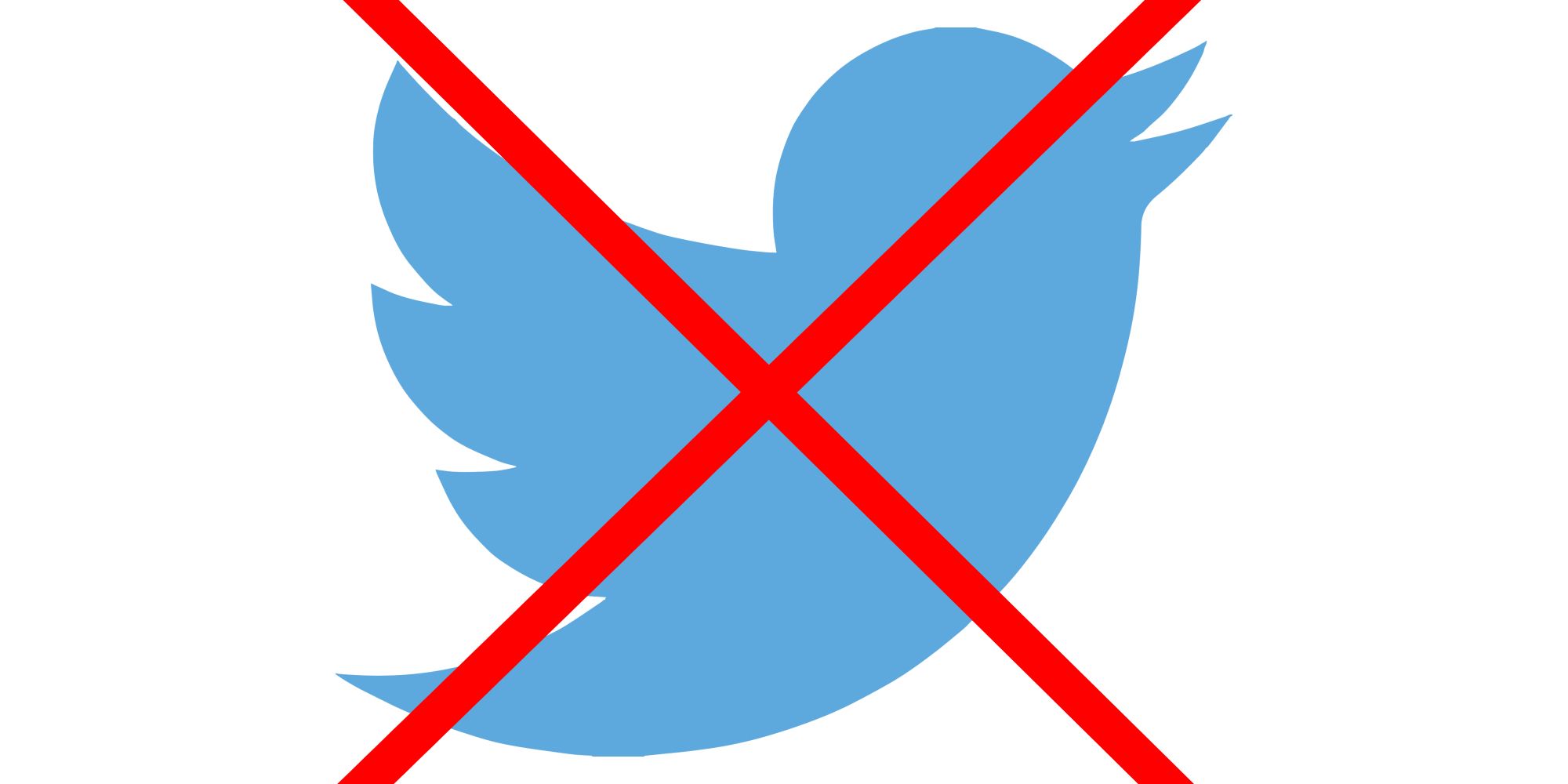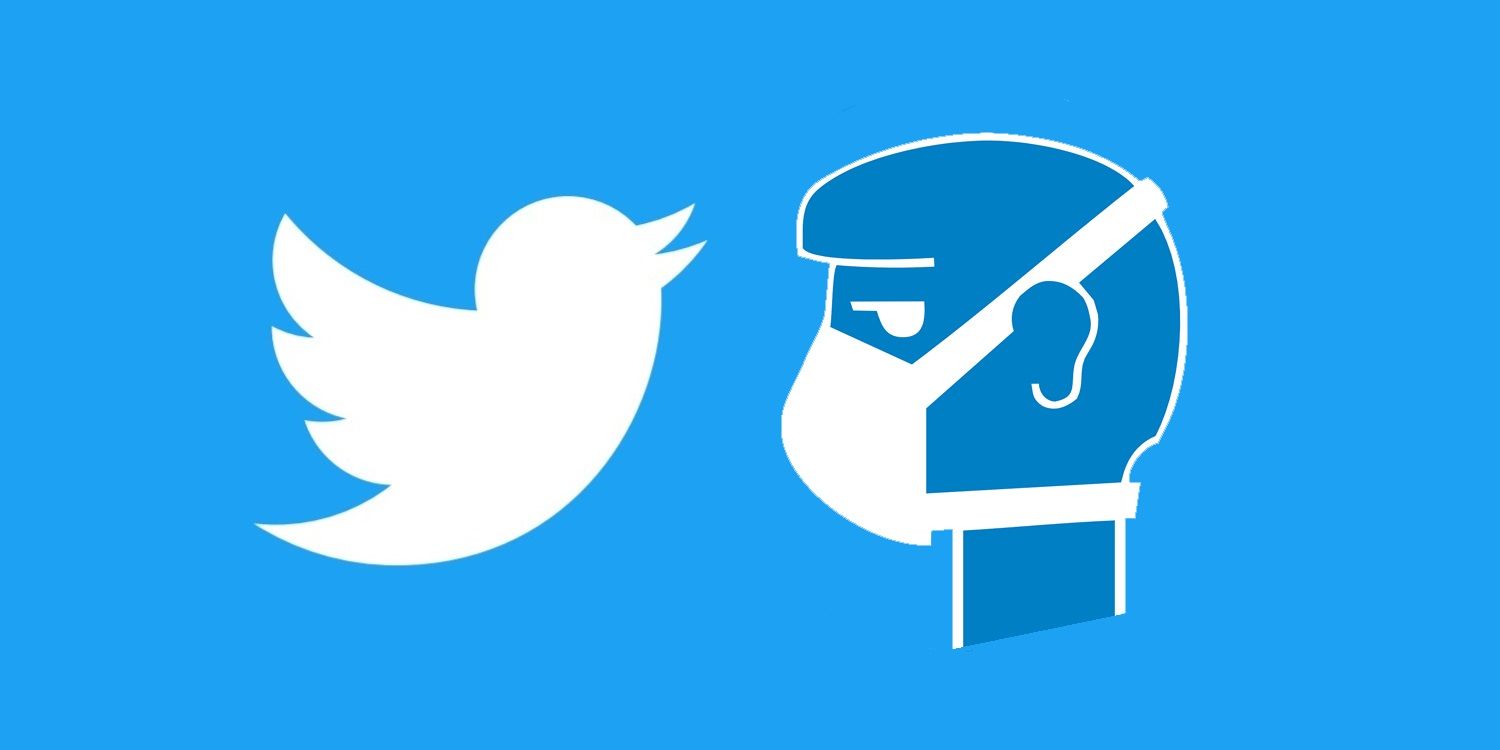
Twitter has now provided some additional details on how it decides to remove coronavirus-related content that it deems misinformation. Thus far throughout the crisis, Twitter reports that it has “removed 14,900 tweets and challenged 4.5 million accounts.” The social media service has further indicated that repeat offenders may encounter a permanent suspension. The removal of misinformation is one of multiple tools that social media giants are deploying to curb the negative effects of misinformation in the midst of the current crisis. The other primary tool involves the indication and flagging of misinformation or suspected misinformation. Three specific criteria are used to determine whether a tweet is dangerously in need of removal.
The first involves whether the tweet is a statement of fact or an opinion, statements of fact are those that might potentially be removed or flagged; the difference is between saying “coronavirus is a government hoax” and “it would be nice if coronavirus were actually a government hoax”. Meanwhile, the second criteria is whether the claim is demonstrably false. Twitter defers to the findings of subject matter experts, including public health agencies, while also assessing the mode of presentation; thus, two major considerations with regard to the second criteria are (1) whether the information is deemed to be untrue by experts as well as (2) whether it is presented in the improper context or with alterations or additional fabrications. The first and second criteria being met leads to an assessment of the potential to cause harm. The third and final criteria, therefore, considers the potential of the post to increase the spread of the virus or to cause increased exposures, to produce adverse impacts on public health systems, or to induce discrimination against a specific community. Meeting all three criteria will result in a removal of a tweet.
As Twitter notes in its recent update, cases in which all three criteria are not met may still be flagged. This includes cases where criterion three is considered, and the “Propensity for Harm” deemed, “moderate” rather than “severe”; as of April 1, the company reports that these decisions are made manually. The company also comments that the goal of the two-tiered policy is to allow users to access factual information, as well as to ensure that the company is making informed decisions about what content is permitted. Some earlier systems designed to filter out coronavirus-related misinformation have captured factual posts as well. As such, finding the right balance between capturing and removing harmful false information, permitting and indicating misinformation that is not deemed to be a severe threat to users or the public, and permitting the flow of true content is the difficult balance that the system seeks to strike.

The pressure to develop an efficient and reliable filtering system comes at a time when social networks have faced myriad challenges related to misinformation within politics, as well as other issue areas throughout the last four years. As companies seek to clamp down on the most harmful misinformation under conditions of global crisis, their capabilities are being tested and algorithmic approaches are being refined. As long as the flow of high quality, true, and up to date information about the crisis continues to flow, everyone has a vested interest in there being more false positives, cases in which true information is swept into the removals, than in permitting a horrid stream of harmful misinformation. Twitter noted on April 1 that it has an appeals process for those who feel that their account was improperly suspended on the basis of distributing misinformation, though they note that response times are slower than usual.
Twitter, as well as other social media giants appear to be taking proper, albeit, imperfect actions in response to the pressing global security and public health concerns that have suddenly become their responsibility to address. Similar to Thomas Whitmore’s recent address to the nation to wear masks, one hopes that other celebrity Presidents will show similar zeal in standing up for the truth. The opportunity is ripe for Selina Meyer, President Beck, and President Camacho, among others, to all take a stand to prevent misinformation, on Twitter or elsewhere.
Source: Twitter
from ScreenRant - Feed https://ift.tt/32xjWC6





No comments: